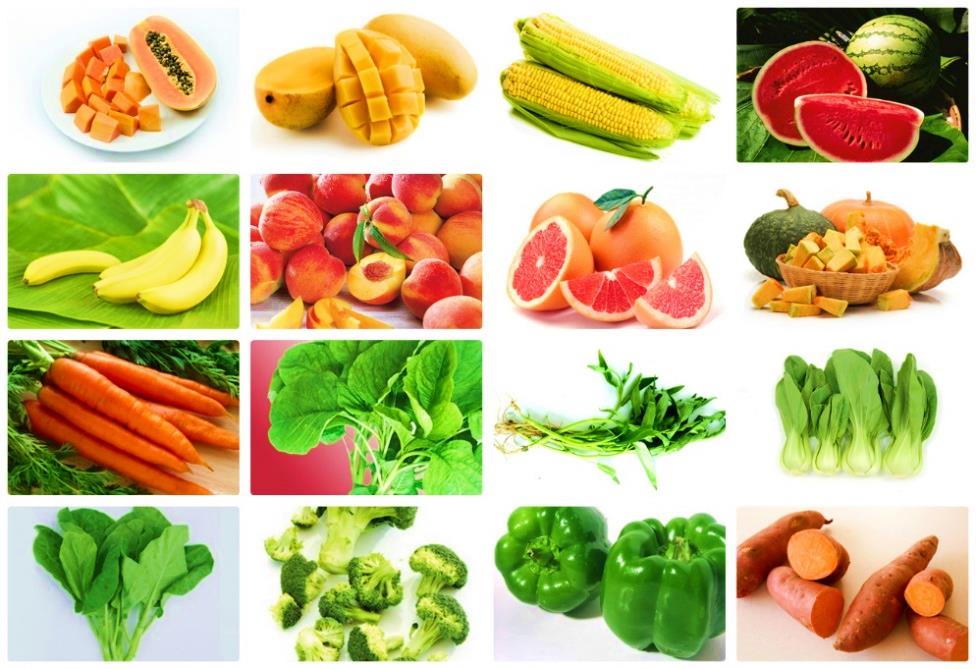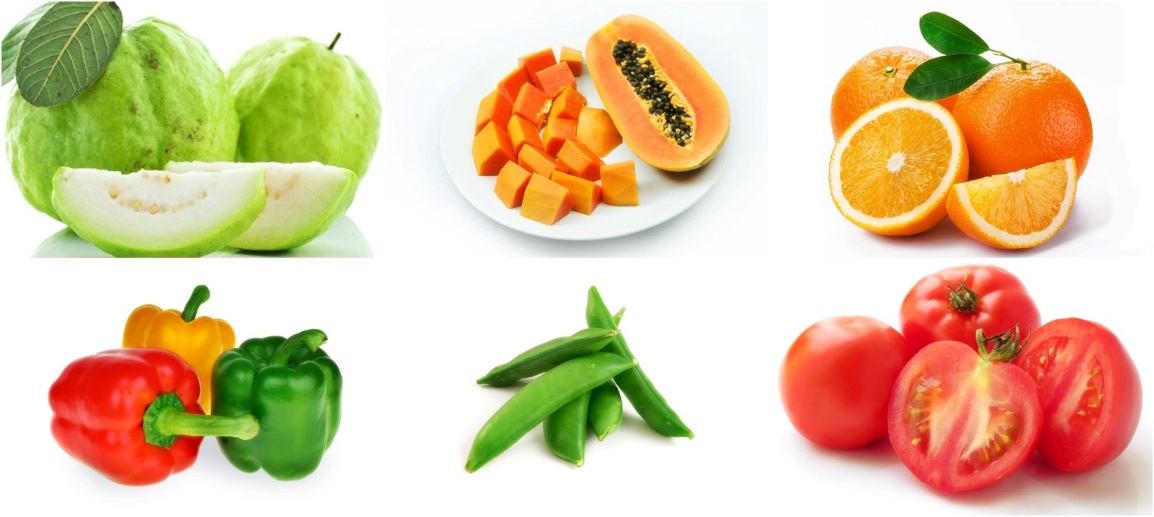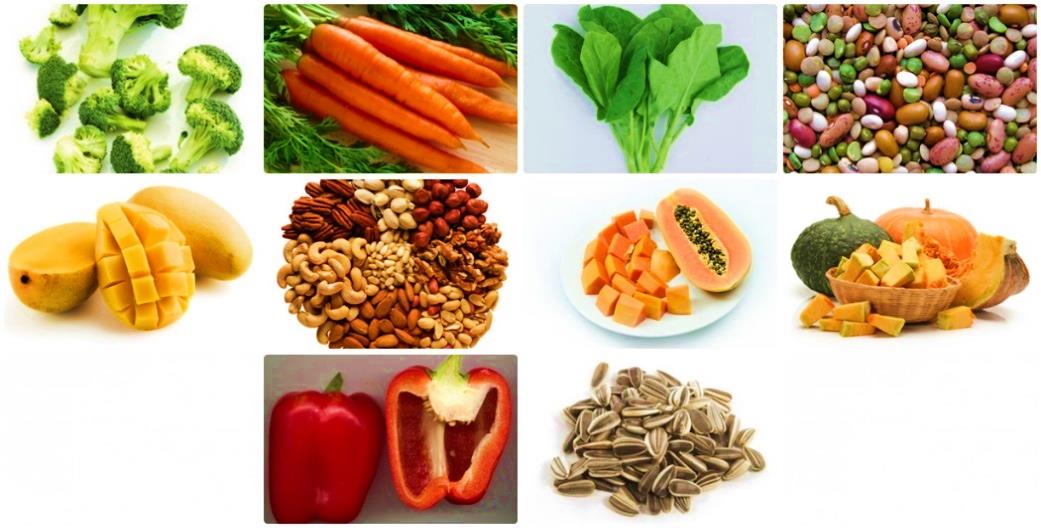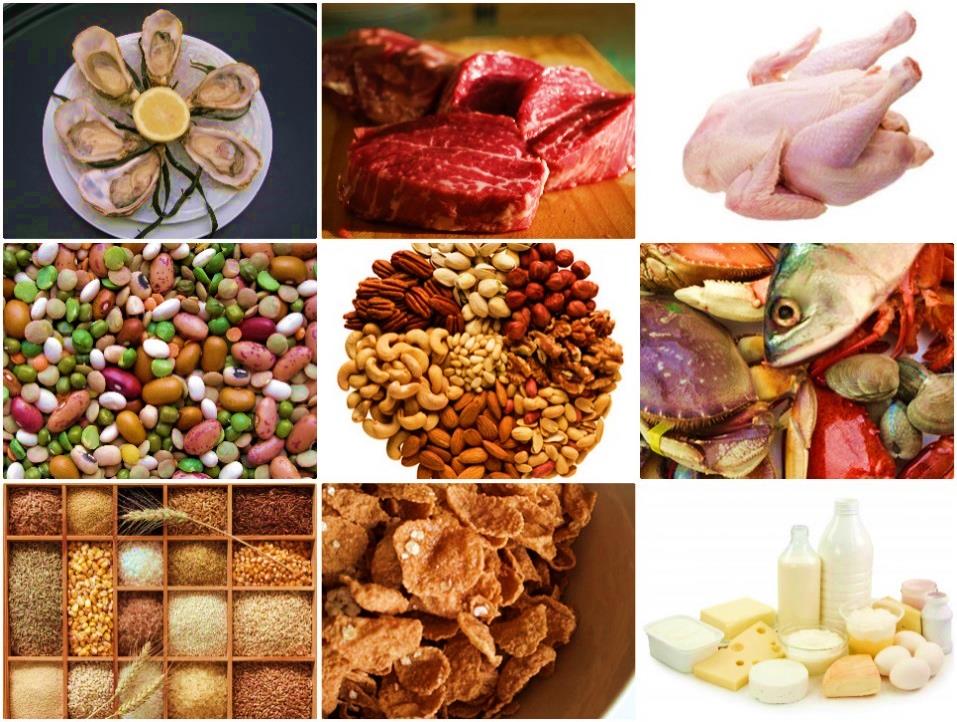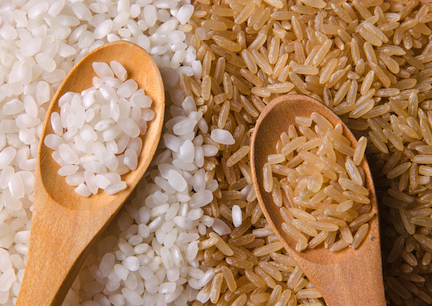Introduction
A strong, well-functioning immune system is the foundation of good health, fighting off disease and infections and allowing you to recover more quickly when you get sick.
The immune system is your body’s protective network of ;
- Proteins,
- Cells,
- Tissues,
- Systems, (such as immunity system, digestive systems, respiratory systems), and
- Organs (such as skin, respiratory and digestive tracts).
which are your first line of defence designed to fend off invasion by harmful substances, including ;
- Bacteria,
- Viruses,
- Harmful chemicals.
There is no specific food or nutrient that has been clinically proven to “boost” the immune system all on its own, despite the claims on some food and supplement labels.
You need a variety of foods and a well-balanced diet that provide ;
- Protein,
- Antioxidants,
- Essential fatty acids,
- Vitamins,
- Minerals and
- Phytonutrients.
All these nutrients work together to keep your immune functions optimally.
Nutrition Boosts Immunity
- Protein
Deficiency of high-quality protein can result in ;
- Depletion of immune cells,
- Inability of the body to make antibodies and other immune-related problems.
Therefore, a diet that supports a healthy immune system should contain foods providing high-quality and/or complete protein, such as that found in ;
- Eggs,
- Fish and shellfish.
- Chicken and lean meat.
Many vegetables and grains are also excellent sources of many of the immune-stimulating amino acids and, together with other protein sources, are particularly beneficial.
- Antioxidants are nutrients that protect and repair cells from damage caused by free radicals.
Free radicals or oxidants are the toxic by-products that are produced by our bodies when we turn food into energy. They are also by-products of ;
- Cigarette smoke,
- Pollution,
- Sunlight exposure.
Free radicals are capable of damaging DNA and suppressing the body’s immune system. So, fighting off damage with antioxidants helps keep your immune system strong, making you better able to ward off infections.
The 3 major antioxidant vitamins are ;
- Beta-carotene,
- Vitamin C, and
- Vitamin E.
They are available in colourful fruits and vegetables – especially those with;
- Purple,
- Blue,
- Red,
- Orange, and
- Yellow shades.
Adding more fruits and vegetables of any kind to your diet will improve your health.
Sources of beta-carotene, vitamin C and vitamin E:
Papaya, mangoes, corn, watermelon, bananas, peaches, pink grapefruit, pumpkin, carrots, green leafy vegetables like bayam, kangkung, pak choy, kailan, broccoli, green peppers, sweet potato and tomatoes.
Picture 2 : Example of antioxidants sources
- Vitamin C :
- Your body needs vitamin C to build and maintain healthy skin—your body’s first line of defence in preventing disease and infection.
- The vitamin is also critical for producing white blood cells and antibodies that fight off infections, and it is a powerful antioxidant that helps protect cells from free-radical damage.
- While vitamin C has long had a reputation for helping prevent the common cold, clinical studies have shown otherwise.
- The best way to get enough vitamin C is by enjoying it in foods, NOT PILLS.
Sources of vitamin C :
Guava, papaya, oranges, red, green or yellow peppers, green leafy vegetables, snow peas and tomatoes.
- Vitamin E :
- Vitamin E is especially important for proper functioning of your immune system.
- Vitamin E is an important antioxidant and supports a healthy inflammatory response.
- It is also an important component of all cell membranes and promotes healthy cellular functioning.
Sources of vitamin E :
Broccoli, carrots, green leafy vegetables, beans, mangoes, nuts, papaya, pumpkin, red peppers, and sunflower seeds.
- Other antioxidants
Vitamins are not the only antioxidants in food. Other antioxidants that may help boost immunity include :
- Zinc
- Is another mineral important to a healthy immune system, and people who are deficient tend have a poorer immune response.
- Is needed to produce and activate some types of white blood cells that help fight infections.
Sources of zinc:
Oysters, red meat, poultry, beans, nuts, seafood, whole grains, fortified cereals, and dairy products.
- Selenium
- Is essential for a strong immune response and to fight infection.
Sources of selenium:
Seafood : tuna, red snapper, lobster and shrimp.Other good food sources of this mineral include chicken (white meat), whole grains, brown rice, egg yolks, cottage cheese, sunflower seeds, garlic and nuts.
Nutritional supplements
Some experts recommend taking a multivitamin and food supplements to boost your immunity. Be cautious about taking individual immune system supplements. With antioxidants, moderation is key.
Vitamins A and E are stored in the body and excreted slowly. Having too much can be toxic. In fact according to studies, taking extra antioxidant pills probably has no benefit.
The current recommendation by the Malaysian Dietary Guidelines (MDG) is to make sure important nutrients are supplied in your diet, and not to take supplements.
Consume more whole grains, fruits and vegetables in your diet, and you are sure to get plenty of antioxidants.
Read more about Food VS Supplement.
Tips to Improve Your Nutrition and Immunity
Here are some specific recommendations regarding foods and immunity :
- Eat at least 2 servings of fruits and 3 servings of vegetables as they are rich sources of antioxidants.
- Green leafy vegetables are very rich in antioxidants.
- Add several servings a week to your diet.
- Do not overcook vegetables and think of creative ways to conserve the antioxidants during cooking them.
- Choose lean sources of meat.
- Try to replace the red meats in your diet with fish and legumes.
- Add more whole grains to your diet.
- Replace half of your white rice with brown rice, choose wholemeal bread over white bread and wholemeal or oats biscuits.
Picture 6 : White rice and brown rice.- They contain several substances that have each been linked to lower cancer risk, including fibre (both soluble and insoluble), antioxidants, phenols and phytoestrogens.
- Drink plenty of water.
Conclusion
Your body’s immune system is dynamic. It gets stronger or weaker, depending on a variety of factors, including nutrition.
While healthy eating habits are not a guarantee that you will not get sick, being proactive with your health can help you maintain your health and wellbeing.
References
- Beck MA. Antioxidants and viral infections: host immune response and viral pathogenicity. J Am Coll Nutr. 2001;20(5):384S-388S. 2001. PMID:11603647.
- Kelley DS, Bendich A. Essential nutrients and immunologic functions. Am J Clin Nutr. 1996;63:994S-996S. 1996.
- Stephensen CB. Examining the effect of a nutrition on intervention on immune function in healthy humans: what do we mean by immune function and who is really healthy anyway?. Am J Clin Nutr. 2001;74:565-566. 2001. PMID:11684519.
- Saul K.Powell. The Antioxidant Properties of Zinc. Journal of Nutrition May 1, 2000 Vol.130 No.5.
| Last Reviewed | : | 28 February 2018 |
| Writer | : | Fatimah bt. Salim |
| Accreditor | : | Prof. Dr. Norimah bt. A. Karim |


